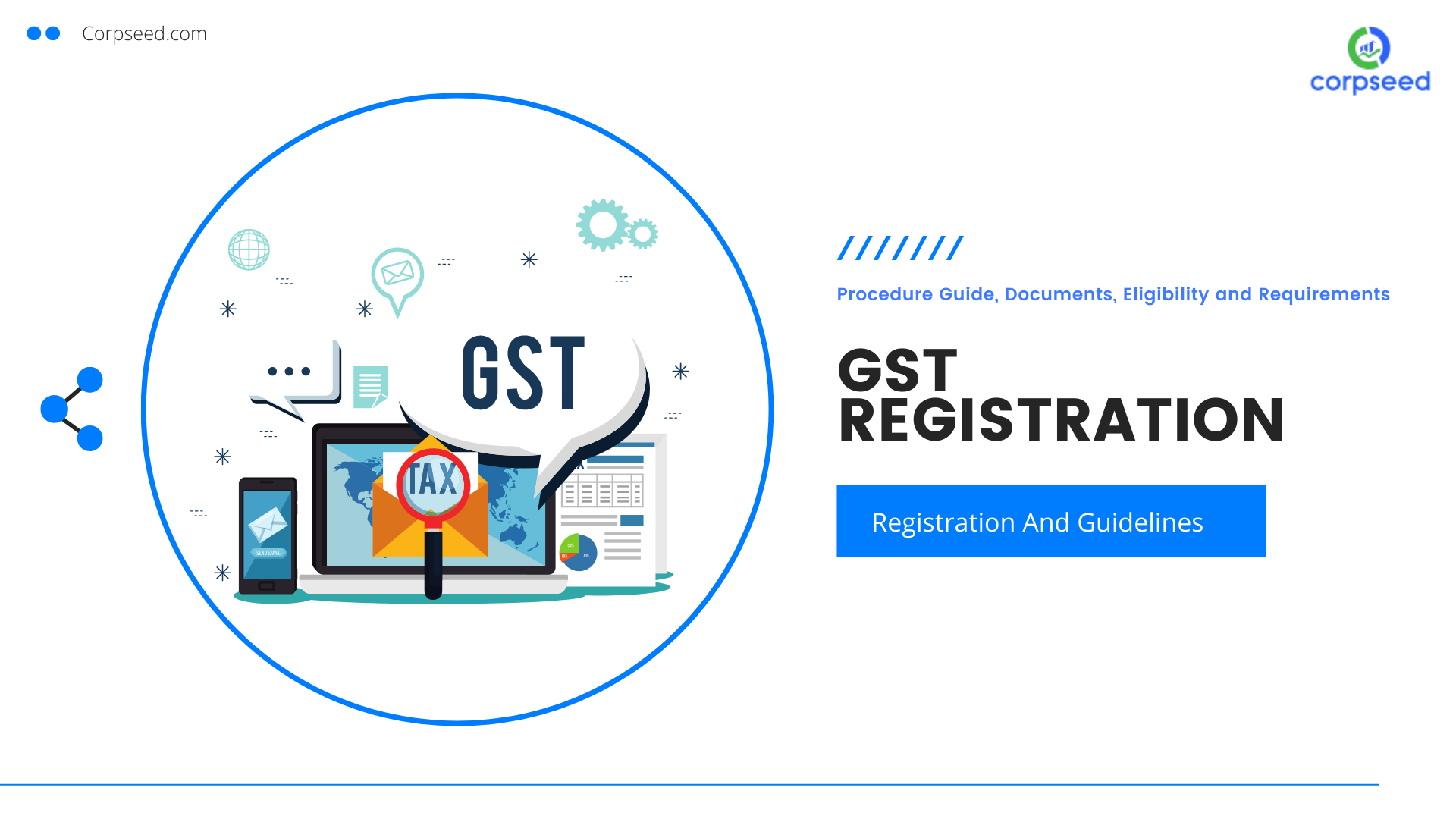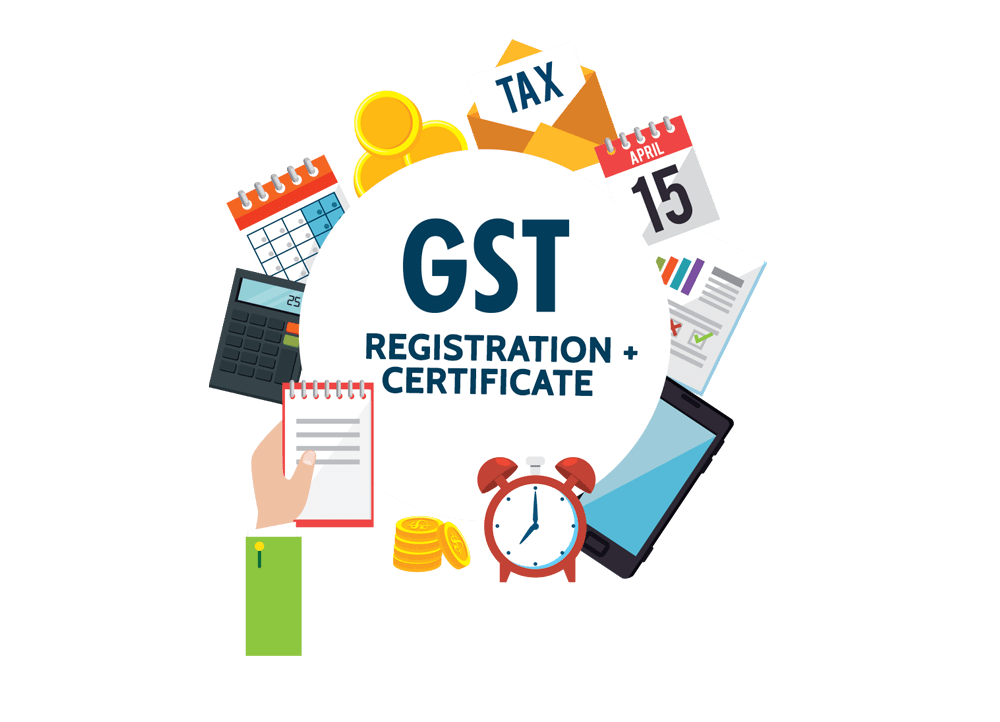From Beginning to End Up: The Ultimate Roadmap to GST Registration for Companies Seeking Financial Security
Navigating the intricacies of Goods and Provider Tax (GST) enrollment is a crucial action for companies aiming for monetary stability. Breaking down the roadmap into workable steps can simplify the registration trip for organizations looking to boost their monetary standing.
Recognizing GST Fundamentals
Looking into the essential concepts of Product and Services Tax Obligation (GST) is essential for obtaining a comprehensive understanding of its implications on organizations and the economy. GST is a value-added tax obligation levied on most products and solutions for residential consumption. It has actually replaced multiple indirect tax obligations that existed in the pre-GST period, streamlining the tax obligation structure and enhancing simplicity of doing service in India. Under the GST system, both services and items are exhausted at a particular price, which is figured out based on their classification. If their annual turn over goes beyond the threshold limitation established by the federal government, organizations are required to sign up for GST. Input Tax Obligation Credit Report (ITC) is a substantial attribute of GST, permitting organizations to assert debt for tax obligations paid on inputs, decreasing the general tax problem. Recognizing the basics of GST is important for organizations to follow tax obligation laws, manage their funds effectively, and add to the nation's financial development by getting involved in a transparent tax system.
Qualification Requirements for Registration
As of the present policies, the threshold limitation for GST enrollment is an annual aggregate turn over of 40 lakhs for organizations running within a state, except for special category states where the limit is 20 lakhs. In addition, specific companies are called for to register for GST irrespective of their turn over, such as interstate suppliers, laid-back taxable individuals, and companies responsible to pay tax under the reverse fee mechanism. It is essential for organizations to completely examine their turn over and purchase kinds to identify their GST registration obligations precisely.
Files Needed for Enrollment
Having actually satisfied the qualification requirements for GST enrollment, services must now ensure they have the requisite records in location to continue with the enrollment procedure efficiently. The files needed for GST enrollment commonly include evidence of business constitution, such as partnership deed, enrollment certification, or incorporation certification for different types of businesses. Furthermore, organizations require to offer documents developing the primary area of service, such as a rental agreement or electrical energy bill.
Step-by-Step Enrollment Refine
Beginning the GST enrollment procedure involves a series of organized steps to ensure a compliant and smooth enrollment for businesses. The initial step is to check out the GST site and submit the registration kind with precise details of business entity. Following this, the candidate obtains a Short-term Recommendation Number (TRN) which is made use of to return to the application process if it's not completed in one go.
Next, all needed records according to the checklist given by the GST portal need to be submitted. These documents typically include proof of company registration, identification and address evidence of promoters, monetary statements, and company entity's frying pan card.

Post-Registration Conformity Guidelines

Verdict
To conclude, companies seeking monetary security should comprehend the basics of GST, satisfy qualification standards, gather needed files, follow the step-by-step registration process, and abide by post-registration guidelines - Best GST registration services in Singapore. By adhering to these steps, companies can guarantee conformity with tax guidelines and maintain monetary security over time
Additionally, certain organizations are called for to register for GST regardless of their turn over, such as interstate suppliers, casual taxed persons, and organizations liable to pay tax under the reverse fee mechanism.Having actually fulfilled the eligibility criteria for GST registration, businesses should currently ensure they have the requisite files in place to navigate here proceed with the registration procedure effectively. The files needed for GST registration generally consist of proof of business constitution, such as partnership dig this act, enrollment certification, or incorporation certificate for various kinds of companies. Additionally, organizations need to offer papers developing the principal area of organization, such as a rental contract or electrical energy bill.Starting the GST registration process includes a series of structured actions to make certain a certified and smooth registration for organizations.